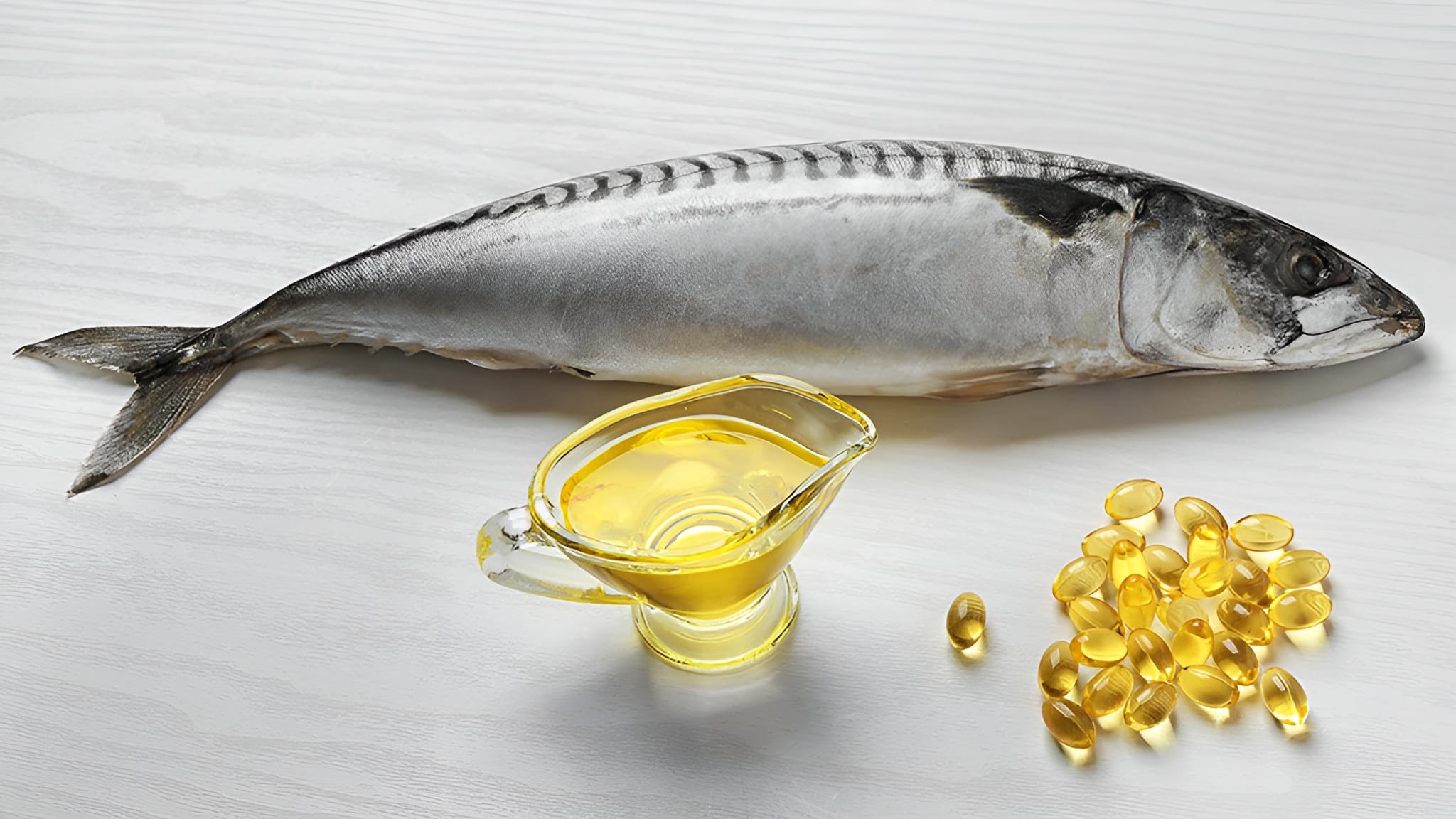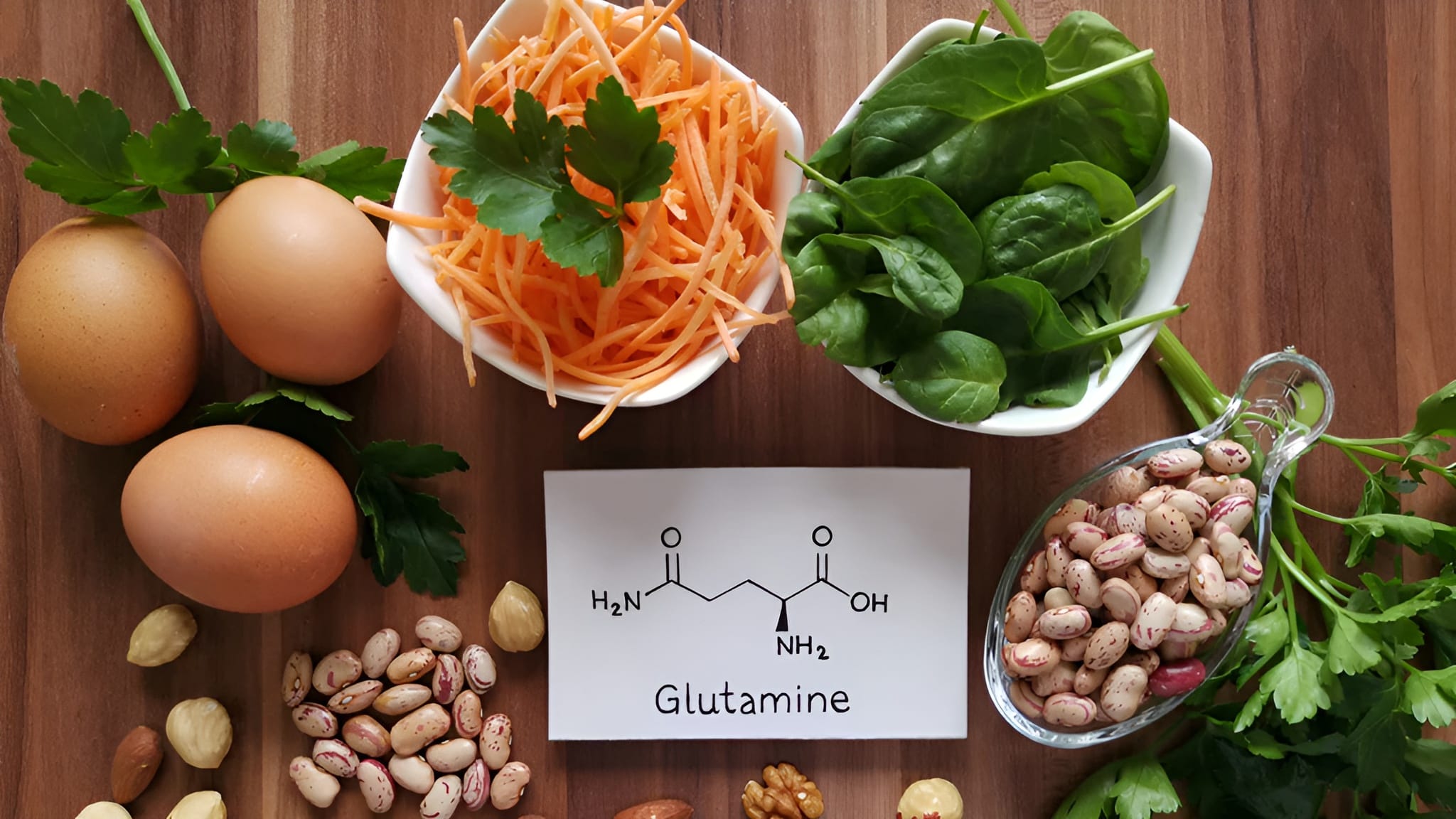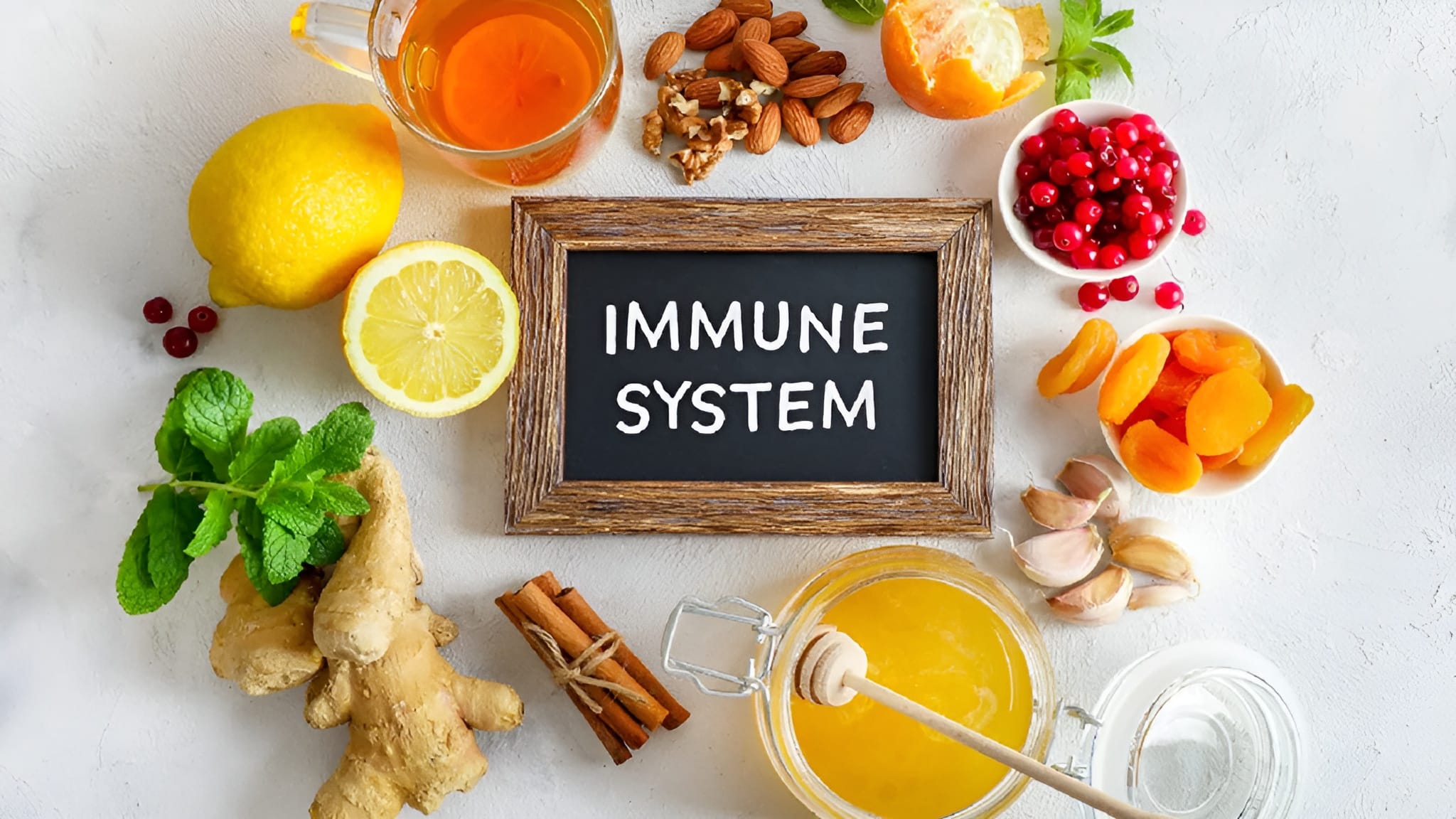Fish oil is a nutritional powerhouse that has been extensively studied for its wide-ranging health benefits. The omega-3 fatty acids in fish oil, namely EPA, DHA, and ALA, are essential for maintaining healthy eyes, heart, brain, and immune system, among other things.
Not getting enough of these essential fats can have serious consequences, including depression [1], vision problems [2], and heart disease [3]. Given that depression is a prevalent mental health concern and heart disease remains a leading cause of death, it’s easy to see why fish oil is crucial for overall well-being.
But how exactly does fish oil for immune system support work? Let’s dive in!
Table of Contents
Fish Oil's Role in Immune Regulation
Recent research has shed light on the fascinating relationship between fish oil for immune system health. It turns out that fish oil has a complex modulatory effect on the immune system, both inhibiting and activating certain immune functions [4].
- Inhibition: Fish oil can reduce the activity of T-cells, cytokines, and neutrophil migration [5].
- Activation: Fish oil increases the rate at which the immune system engulfs and destroys foreign invaders [6][7].
This balanced approach to immune modulation helps ensure that your immune system is functioning optimally, neither overreacting nor underreacting to threats.
Of course, fish oil works best alongside foundational nutrients like a daily multivitamin for immune defense, ensuring your body has the full spectrum of vitamins and minerals to function at its peak.
Interested in a stronger immune system? Read about the best immune supplements.
Fish Oil Defeats Inflammation - The Silent Killer
Chronic inflammation is a major contributor to many serious health problems, including:
Fish oil helps manage inflammation in several ways:
- Cytokine Regulation: As mentioned earlier, fish oil can reduce the signaling of cytokines, which are key players in the inflammatory response [11].
- Pro-Resolving Mediators: Fish oil provides the building blocks for “pro-resolving mediators,” specialized molecules that help resolve inflammation and promote healing [12]. Without adequate omega-3s, your body can’t produce these mediators efficiently, hindering the healing process.
Pairing omega-3s with antioxidants like resveratrol for oxidative stress protection can add another layer of support for reducing inflammation and promoting resilience.
There are also some popular and potent anti-inflammatory mushrooms you might want to read out.
Fish Oil for Autoimmune Conditions
In autoimmune diseases, the immune system mistakenly attacks the body’s own healthy cells. The omega-3s in fish oil for immune system balance can help regulate this overactivity, making it a potential therapeutic option for conditions like:
A healthy gut microbiome has also been shown to help immune conditions.
The Importance of Omega-3 to Omega-6 Ratio
While getting enough omega-3s is crucial, it’s equally important to pay attention to the balance between omega-3 and omega-6 fatty acids.
- An overabundance of omega-6s relative to omega-3s can promote inflammation [17].
- The modern Western diet tends to be high in omega-6s (found in many processed foods and vegetable oils like soybean oil) and low in omega-3s.
To maintain a healthy balance, reduce your intake of processed foods and increase your consumption of omega-3-rich foods like cold-water fish or consider taking a high-quality fish oil supplement.
Fish Oil Supplements: A Smart Way to Boost Immunity
Not a fan of fish? No problem! Fish oil supplements offer a convenient and affordable way to ensure you’re getting enough omega-3s to support your immune system and overall health. Look for a high-quality fish oil supplement with a high concentration of EPA and DHA.
For added immune support, Zinc and Quercetin pair up perfectly.
FAQ
Omega-3s (EPA & DHA) help your body resolve inflammation. They calm overactive signals (some cytokines/T-cells) and improve “clean-up” actions like phagocytosis. Net effect: a steadier, more balanced immune response.
Both help. For inflammation balance, aim a bit EPA-leaning. A practical target for most adults is ≈1,000–2,000 mg/day combined EPA+DHA from food + supplements (check labels; that’s EPA+DHA, not total oil). Plant ALA (flax/chia) converts poorly—algae oil is the vegan way to get preformed EPA/DHA.
Omega-3s need to build up in cell membranes. Most people see steadier benefits in 4–8 weeks with daily use. Consistency beats spikes.
Possible fishy burps or mild GI upset (take with meals; try enteric-coated). Speak with your clinician if you use anticoagulants, have upcoming surgery, bleeding disorders, fish/shellfish allergy, are pregnant/breastfeeding, or take immune-active meds. Choose third-party tested oil; store cool and out of light.
Eat fatty fish 2–3×/week (or supplement), cook more with olive/avocado oil vs. high-omega-6 seed oils, trim processed foods, and add walnuts/ground flax while keeping portions sane.
Cites and Sources
No Citations
Show Citations
[1] - Grosso, G., Galvano, F., Marventano, S., Malaguarnera, M., Bucolo, C., Drago, F., & Caraci, F. (2014). Omega-3 fatty acids and depression: Scientific evidence and Biological Mechanisms. Oxidative medicine and cellular longevity. https://www.ncbi.nlm.nih.gov/pmc/articles/PMC3976923
[2] - Essential fatty acids, DHA and human brain. (2005, March 1). PubMed. https://www.ncbi.nlm.nih.gov/pubmed/15812120
[3] - Leaf, A. (2008). Historical overview of n−3 fatty acids and coronary heart disease. The American Journal of Clinical Nutrition, 87(6), 1978S-1980S. https://doi.org/10.1093/ajcn/87.6.1978s
[4] - Imran, A., Butt, M. S., Arshad, M. S., Arshad, M. U., Saeed, F., Sohaib, M., & Munir, R. (2018, March 27). Exploring the potential of black tea based flavonoids against hyperlipidemia related disorders. Lipids in health and disease. https://www.ncbi.nlm.nih.gov/pmc/articles/PMC5872535/
[5] - Yaqoob, P., Newsholme, E. A., & Calder, P. C. (1994, August). The effect of dietary lipid manipulation on rat lymphocyte subsets and proliferation. Immunology. https://www.ncbi.nlm.nih.gov/pubmed/7835924/
[6] - Gutiérrez, S., Svahn, S. L., & Johansson, M. E. (2019a, October 11). Effects of omega-3 fatty acids on immune cells. International journal of molecular sciences. https://www.ncbi.nlm.nih.gov/pmc/articles/PMC6834330/#B44-ijms-20-05028
[7] - Hellwing, C., Tigistu-Sahle, F., Fuhrmann, H., Käkelä, R., & Schümann, J. (2017). Lipid composition of membrane microdomains isolated detergent-free from PUFA supplemented RAW264.7 macrophages. Journal of Cellular Physiology, 233(3), 2602–2612. https://doi.org/10.1002/jcp.26138
[8] - Libby, P. (2002). Inflammation in atherosclerosis. Nature, 420(6917), 868–874. https://doi.org/10.1038/nature01323
[9] - Lumeng, C. N., & Saltiel, A. R. (2011). Inflammatory links between obesity and metabolic disease. Journal of Clinical Investigation, 121(6), 2111–2117. https://doi.org/10.1172/jci57132
[10] - Coussens, L. M., & Werb, Z. (2002). Inflammation and cancer. Nature, 420(6917), 860–867. https://doi.org/10.1038/nature01322
[11] - Yan, Y., Jiang, W., Spinetti, T., Tardivel, A., Castillo, R., Bourquin, C., Guarda, G., Tian, Z., Tschopp, J., & Zhou, R. (2013). Omega-3 Fatty Acids Prevent Inflammation and Metabolic Disorder through Inhibition of NLRP3 Inflammasome Activation. Immunity, 38(6), 1154–1163. https://doi.org/10.1016/j.immuni.2013.05.015
[12] - Norris, P. C., Skulas‐Ray, A. C., Riley, I. R., Richter, C. K., Kris-Etherton, P. M., Jensen, G. L., Serhan, C. N., & Maddipati, K. R. (2018). Identification of specialized pro-resolving mediator clusters from healthy adults after intravenous low-dose endotoxin and omega-3 supplementation: a methodological validation. Scientific Reports, 8(1). https://doi.org/10.1038/s41598-018-36679-4
[13] - Stene, L. C., & Joner, G. (2003). Use of cod liver oil during the first year of life is associated with lower risk of childhood-onset type 1 diabetes: a large, population-based, case-control study. The American Journal of Clinical Nutrition, 78(6), 1128–1134. https://doi.org/10.1093/ajcn/78.6.1128
[14] - Farjadian, S., Moghtaderi, M., Kalani, M., Gholami, T., & Teshnizi, S. H. (2016). Effects of omega-3 fatty acids on serum levels of T-helper cytokines in children with asthma. Cytokine, 85, 61–66. https://doi.org/10.1016/j.cyto.2016.06.002
[15] - Liu, Y., Tang, Y., Wang, S., Zhou, J., Zhou, J., Xiao, L., Bai, X., Wang, X., Chen, Z., & Zuo, D. (2016). Endogenous n-3 Polyunsaturated Fatty Acids Attenuate T Cell-Mediated Hepatitis via Autophagy Activation. Frontiers in Immunology, 7. https://doi.org/10.3389/fimmu.2016.00350
[16] - Hoare, S., Lithander, F. E., Van Der Mei, I., Ponsonby, A., & Lucas, R. (2015). Higher intake of omega-3 polyunsaturated fatty acids is associated with a decreased risk of a first clinical diagnosis of central nervous system demyelination: Results from the Ausimmune Study. Multiple Sclerosis Journal, 22(7), 884–892. https://doi.org/10.1177/1352458515604380
[17] - Kiecolt-Glaser, J. K., Glaser, R., & Christian, L. M. (2014, November). Omega-3 fatty acids and stress-induced immune dysregulation: Implications for wound healing. Military medicine. https://www.ncbi.nlm.nih.gov/pmc/articles/PMC4293032/





